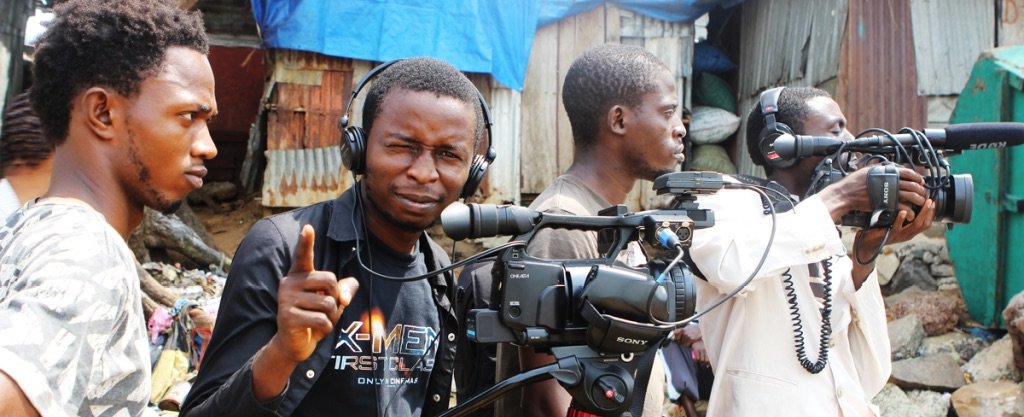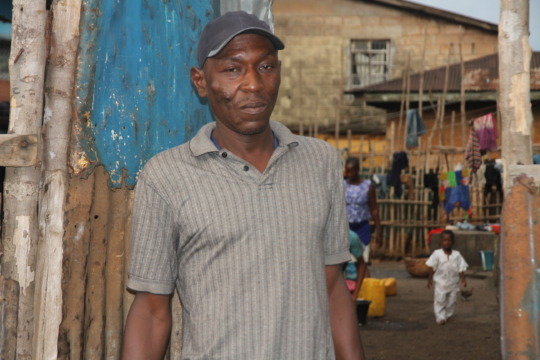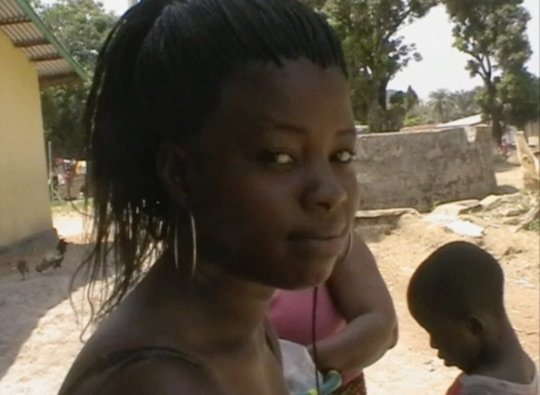By Banker White | Project Lead
Hello and Happy New Year to our GlobalGiving community,
We hope that your 2018 is off to an energized and purposeful start. We are just one week away from opening applications for our next Filmmaker Fellowship. This year, we are thrilled to open the fellowship to a fourth country, Ghana. We are working now with our partners in all countries to get the word out - SO - if you know any filmmakers living and working in Sierra Leone, Guinea, Liberia and now, Ghana - please share this opportunity:
Applications open Feb 1st & are due April 15th!
For our inaugural fellowship program, seven filmmakers were invited to participate. Topics covered in the selected projects range from the stories of Sierra Leone’s ex-servicemen to an insider's look at Female Genital Mutilation initiation practices in the Bondo society; from an investigative look at how water scarcity has increased teenage pregnancy rates in the region to a portrait of a community trying to break the chain of discrimination and stigmatization experienced by Ebola survivors. The fellows underwent extensive training which included the completion of a production workshop, editing workshop and a professional development retreat.
We learned a lot with this first cycle of fellows and are continueing to adapt and evolve the fellowship as we move forward. This year, we will working create a more intimate experience for our fellows while also adding international networking opportunities. We also are adding a Professional Development fellowship and two of our 2016/2017 filmmakers have been invited to work with us for an additional year. We will continue to work them as they hone their projectsf and we will strategize innovative ways to push the finished films out into the world.
We are proud to announce that the professional development projects will be; Life After the Army a film that profiles the lives of three ex-service men and An Bondo Beyky which shares a tragic and powerful story about the practice of female genital mutilation. Here is a message from Tyson Conteh, the Director of An Bondo Beyky. "I am very proud that my project was selected. It is a very personal story for me and the world needs to know about it. This experience has been life changing. My confidence has improved and I can say I am a better filmmaker because of the WeOwnTV Fellowship. I look forward to what the future may bring." - Tyson
We look forward to sharing the completed projects with our GlobalGiving community soon. Until then we look forward to updating you on the progress of this wonderful fellowship.
Thank you for your support!
Banker White and the entire WeOwnTV team
By Banker White | Executive Director, WeOwnTV
By Banker White | Executive Director, WeOwnTV
Project reports on GlobalGiving are posted directly to globalgiving.org by Project Leaders as they are completed, generally every 3-4 months. To protect the integrity of these documents, GlobalGiving does not alter them; therefore you may find some language or formatting issues.
If you donate to this project or have donated to this project, you can receive an email when this project posts a report. You can also subscribe for reports without donating.
Support this important cause by creating a personalized fundraising page.
Start a Fundraiser

